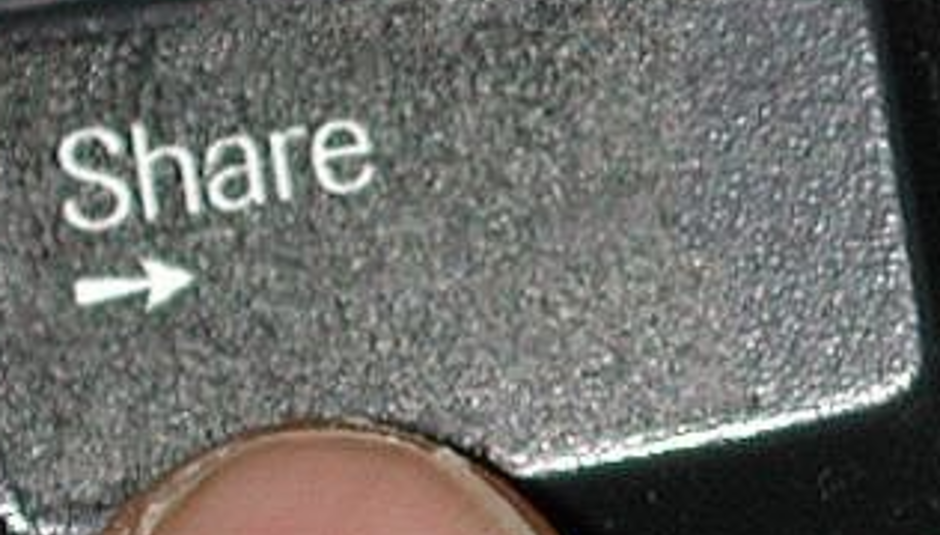Matt Phillips, Director of Communications at the BPI (formerly the British Phonographic Industry) responds to the DrownedinSound debate about filesharing...
Reading this thread: some interesting posts. As with the comments on the BBC blog, the debate is shifting.
The BPI has spent the last three years working on a way to tackle the illegal downloading problem at a network level (i.e. with ISPs). "Legalise p2p" is a natural instinct, but as anyone in the music business knows, it's not that simple. We wanted to tackle this without having to sue anyone. This is where our three-step policy came from. But progress has been slow, which is why government got involved earlier this year. They set a target to "significantly" reduce illegal p2p in the next few years, and brokered a deal between rightsholders (us and the film industry) and the ISPs (BT, Virgin Media, Carphone, Orange, Tiscali, Sky) that puts in place a framework to hit that target. This includes a notification programme (writing advisory letters). Working with Ofcom we'll agree a long term policy, and codes of practice. Then legislation will come, to ensure that the codes of practice have teeth. We'll see where this process takes us.
The p2p debate often framed by whether or not p2p is a "good thing" or a "bad thing". We think p2p, like any technology, just "is". We all know p2p can be an effective distribution technology. The key phrase here is "illegal p2p": it's this that we are concerned with, not p2p use per se. If anyone wants to put their music on p2p, and they're the copyright owner, good luck to them. We're acting on behalf of copyright owners who have not given permission for their music to be on these sites.
A general point too: I'd argue that (generally) people don't use p2p to discover music, rather they use p2p to avoid paying for music they have already discovered and want to acquire. It is the eyeballs (drawn to free content) more than the technology that makes sites like Mininova work in this context. This also proves that "free content" has value: that's why people seek ways to avoid paying for it.
It's against the freetard view of the world (someone else pays for the "content" they enjoy) we fight for the principle that creative people deserve to be paid for their work. We do this on behalf of the creative people at the labels who invest in, and work with, artists. And while we don't represent artists or speak for them, we do think artists should have the right to charge for their recordings, or be able to license them to a label (and let the label work out how to get paid) if they want.
This is a complex problem, and it doesn't have any one solution (people tend to bring out their hobby horses and present these as the solution). We don't have the answers, but we do think a balance of communicating with people (e.g. letters), licensing new services and, when that fails, enforcement, is the right approach. I hope we're not alone in thinking this.
















